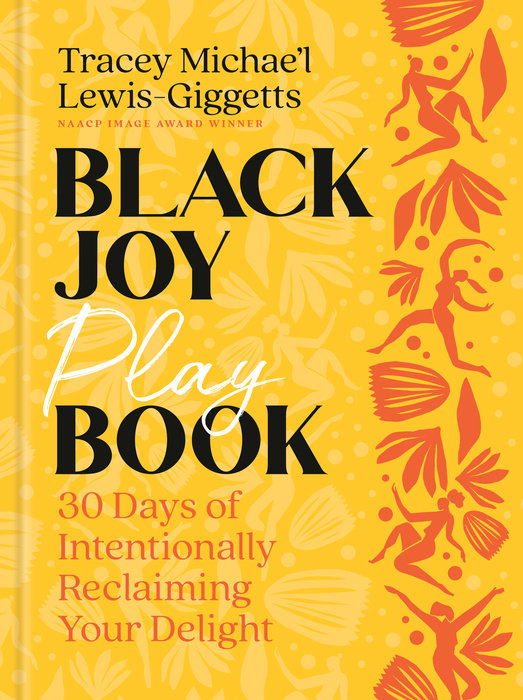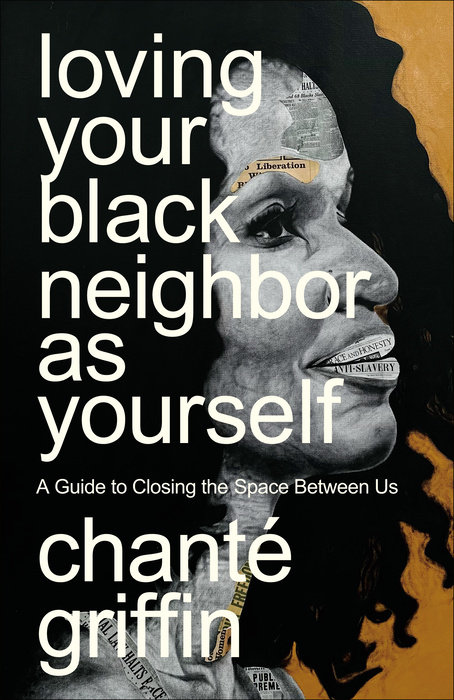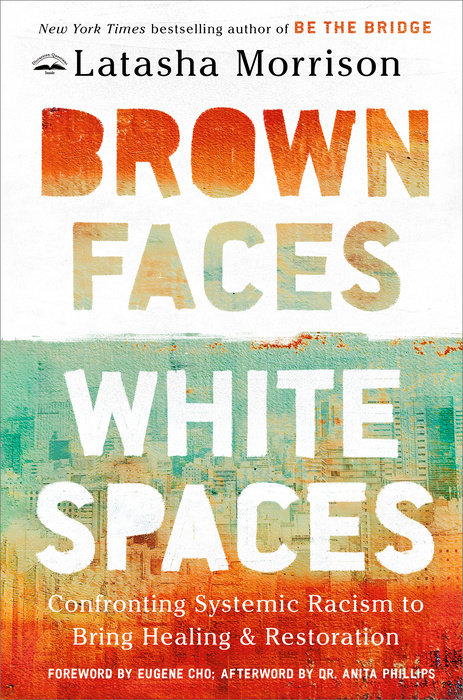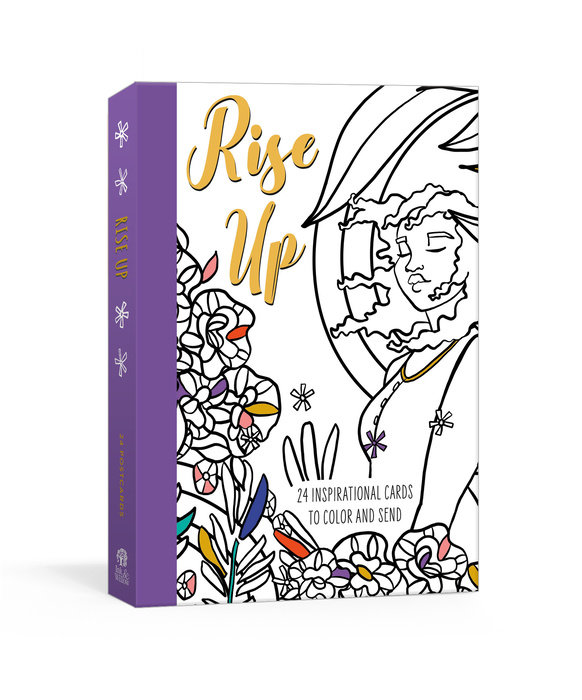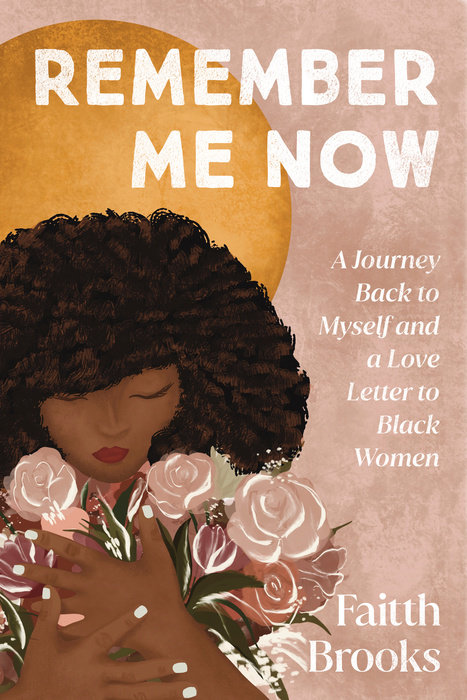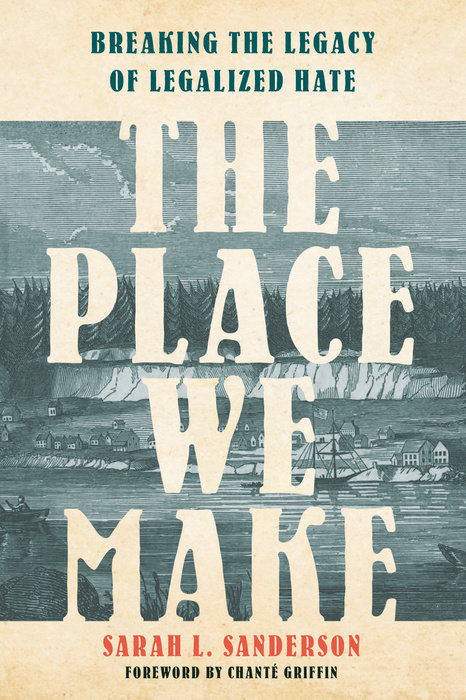
The Place We Make
Breaking the Legacy of Legalized Hate
-
Hardcover
$25.00
Aug 15, 2023 | 256 Pages
ISBN: 9780593444733
- Amazon
- Barnes & Noble
- Books A Million
- ChristianBook.com
- Cokesbury
- Indiebound
- Mardel
- Parable
- Powell's
- Target
- Walmart
Ebook
$10.99
Aug 15, 2023 | 256 Pages
ISBN: 9780593444740
About The Place We Make
“A beautiful rendering of an ugly history. A worthy read.”—Chanté Griffin, advocate, journalist, and author
A SOJOURNERS BEST BOOK OF THE YEAR
Moving back to the outskirts of Portland, called the “Whitest city in America,” prompted Sarah’s curiosity about the colonization of the West, her ancestors, and the legal exile of a Black man. She examined four city leaders involved in Jacob Vanderpool’s case—Oregon City’s founder, the case judge, Jacob’s accuser, and a local pastor—and the cultural and theological fallout of their decisions. Along the way, Sarah took a hard look at her tendencies, unconscious and deliberate, to ignore the possibility of prejudice in her heart.
Vanderpool’s case proved a fascinating lens on a far bigger story than one trial, illuminating truths to help us all come to honest terms with our past, learn to repent, and contribute to the good of the people and places around us.
Journey through this sensitive expedition into the events that remain a thorn under America’s skin and discover afresh the vast potential of the flawed but endlessly redeemable—human heart.
Praise
“Through her own story, written in beautiful prose, Sarah demonstrates that we do not live in an historical vacuum. On the contrary, the specters of American history will only be laid to rest when we acknowledge their presence in the past and present.”—Marlena Graves, author of The Way Up Is Down: Becoming Yourself by Forgetting Yourself
“Ambitious in scope, The Place We Make is part cultural and geographic history, part spiritual memoir, with thoroughly researched original source documents and contemporary voices. The structure of the book alternates between historical profiles from Vanderpool’s context and Sanderson’s personal moves from the places of ignorance, silence, and exclusion toward empathy, self-disclosure, and community. It is no small task to write as a confessional Christian while clearly identifying the numerous ways Christianity has served to create and perpetuate white supremacy. Sanderson tackles this challenge with humility, often citing theologians and Christians of color who have been wrestling with this paradox from the beginning of colonial modernity.”—Sojourners
“A beautiful rendering of an ugly historya worthy read.”—Chanté Griffin, advocate, journalist, and author
“The Place We Make offers a compelling model for the way in which we all might understand our own stories and the way these stories are shaped—for good and ill—by those who came before us.”—Karen Swallow Prior, PhD, author of The Evangelical Imagination
“Few will dare to make an exploration so honest and humble as the one in these pages.”—Melissa Moore, co-author of Now That Faith Has Come
“Sarah has done a beautiful job in weaving painful historical moments and her faith in a way that invites you in and causes you to think.”—Robert Monson, enfleshed co-director, writer, and theologian
“In this thought-provoking debut, journalist Sanderson unpacks the legacy of Oregon’s 1844–1926 racial exclusion laws, which ‘banned Black people from . . . being within [the state’s] borders.’ Sanderson became curious when, researching another topic, she stumbled on an unfamiliar name—Jacob Vanderpool, who was legally removed from Oregon for being Black in 1851. . . . She offers an admirably candid self-examination and an insightful look at an under-documented episode of racism in American history. It’s worth checking out.”—Publishers Weekly
Product Details
256 pages | Published by WaterBrook
On Sale Date: Aug 15, 2023
Trim Size: 5-1/2 x 8-1/4
Carton Quantity: 12
Sneak Peek
Start reading today!
In this captivating work of history and memoir, a contemporary White Christian woman details the journey of personal and spiritual transformation that began the moment she allowed herself to be curious and ask questions about a Black man who, long ago, was exiled from the place she calls home.Press Release
FOR IMMEDIATE RELEASEThe Place We Make: Breaking the Legacy of Legalized Hate (a WaterBrook/Penguin Random House hardcover; on sale 8/15/23)
White Woman Wrestles with Racism, Privilege and Faith After Learning Two of Her Relatives Assisted in the Exile
of a Black Man from Oregon in 1851
Sarah Sanderson’s Stunning Research and Honest Reflections Invite Readers to Better Understand, Care and Love People and the Places They Call Home
“An admirably candid self-examination and an insightful look at an underdocumented episode of racism in American history. It’s worth checking out.” Publishers Weekly
In the summer of 1851, hotel owner Jacob Vanderpool was exiled from the Oregon Territory under an exclusion law that banned people of African descent from living within its borders. To this day, he remains the only person in the United States to ever have been tried, convicted, and punished solely for the “crime” of being Black. More than a century and a half later, Sarah L. Sanderson made the shocking discovery that she was related to not just one but two of the White men who played a role in Jacob’s exile.
This discovery started an investigative journey to consider four men involved in Jacob’s case—Oregon City’s founder, the case judge, Jacob’s accuser, and a local pastor—and the cultural and theological fallout of the decisions they made. Along the way, Sarah, who was born in Oregon and moved back to the state eight years ago—took a hard look at her own tendencies, both unconscious and deliberate, to ignore the possibility of bias in her heart.
The Place We Make: Breaking the Legacy of Legalized Hate (a WaterBrook/Penguin Random House hardcover; on sale 8/15/23) by Sarah L. Sanderson is the incredible true story of a Black man convicted and exiled from Oregon under the Exclusion Law in 1851—and a contemporary White woman wrestling with racism, faith, and privilege after discovering she’s related to two men who contributed to the exile.
Moving back to the outskirts of Portland, called the “Whitest city in America,” prompted Sarah’s curiosity about the colonization of the West, her ancestors, and the legal exile of a Black man. She examined four city leaders involved in Jacob Vanderpool’s case—Oregon City’s founder, the case judge, Jacob’s accuser, and a local pastor—and the cultural and theological fallout of their decisions. Along the way, Sarah took a hard look at her tendencies, unconscious and deliberate, to ignore the possibility of prejudice in her heart.
Vanderpool’s case proved a fascinating lens on a far bigger story than one trial, illuminating truths to help us all come to honest terms with our past, learn to repent, and contribute to the good of the people and places around us.
Readers will journey through this sensitive expedition into the events that remain a thorn under America’s skin and discover afresh the vast potential of the flawed but endlessly redeemable—human heart.
Discussion questions for healthy dialogue and reflection for individuals or groups are included in the back of the book.
Sarah L. Sanderson can talk on topics including:
-How her life radically changed after discovering she had relatives who were part of Jacob Vanderpool’s trial
-What prompted this teacher and mother of four to spend several years trying to find out who Jacob Vanderpool was and why he was exiled from Oregon under an exclusion law
-How Jacob’s life changed after the trial and how the site of his Oregon hotel is being memorialized today
-How Sarah has been learning how to build an accurate understanding of the place she calls home and contribute to its good
-Steps we need to take to repair the past; the importance of genuine lament and repentance and how it’s just the beginning
ABOUT THE AUTHOR: The Place We Make: Breaking the Legacy of Legalized Hate (WaterBrook; on-sale 8/15/23) is Sarah L. Sanderson’s first book. She holds a Master of Fine Arts in creative nonfiction from Seattle Pacific University, a master’s in teaching from Seattle University, and a bachelor of English and philosophy from Wheaton College. She was born in Oregon and returned there eight years ago, after living in various places. Sarah now lives with her family south of Portland near Oregon City and her pursuits include writing, speaking, teaching creative writing, learning to pray, and building the beloved community. Her writing has appeared in PBS Newshour and Christianity Today. Visit her at www.sarahlsanderson.com and Instagram.com/sarahlsandersonwriter
Praise for The Place We Make
“Sarah demonstrates through her own story, written in beautifu prose, we do not live in a historical vacuum. On the contrary, the specters of American history will only be laid to rest when we acknowledge their presence in the past and present.”
–Marlena Graves, author of The Way Up is Down
“A beautiful rendering of an ugly history. A worthy read.”
—Chanté Griffin, advocate, journalist, and author
“The Place We Make offers a compelling model for the way in which we all might understand our own stories and the way these stories are shaped—for good and ill—by those who came before us.”
–Karen Swallow Prior, PhD, author of the Evangelical Imagination
“Sarah has done a beautiful job in weaving painful historical moments and her faith in a way that invites you in and causes you to think.”
–Robert Monson, enfleshed co-director, writer and theologian
“Few will dare to make an exploration so honest and humble as the one in these pages.”
–Melissa Moore, co-author of Now That Faith Has Come

